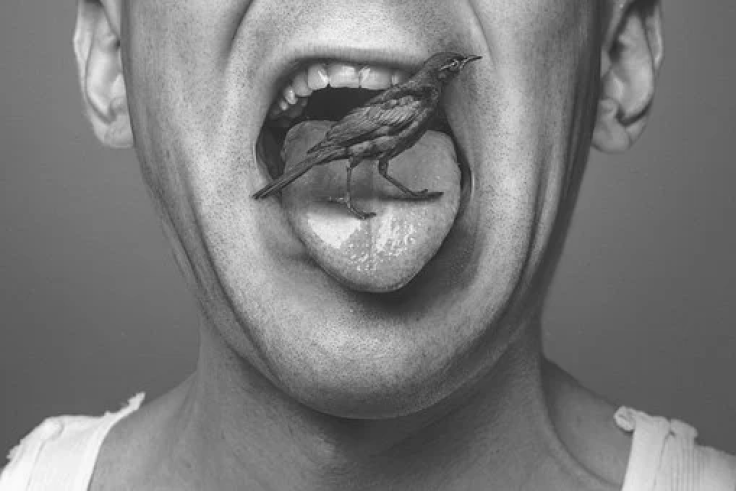
People get oral piercings for all sorts of reasons, and piercings have been around throughout history and are common in many cultures. These days, tongues are generally pierced with a 16 to 18 mm straight barbell that can be made either from titanium or surgical grade stainless steel. These metals are used because they tend to be the least likely to cause an allergic reaction.
Where are oral piercings placed?
The most common tongue piercing is done in the midline, that is, straight in the middle of the tongue. However, other placements can also be:
At the frenulum underneath the tongue
Through a horizontal incision that goes from one side of the tongue to the other
At the very tip of the tongue, giving the balls of the barbell a look of snake eyes
On the side of the tongue (as opposed to the middle), either to the left or to the right
Are oral piercings safe?
Despite how fashionable you may think you will look with an oral piercing, you should be aware that they can be dangerous to your health. The mouth is an important part of your body, being the entryway to all the nutrients that keep you alive. If your oral piercing makes your tongue swell up, your airway could be obstructed, making it difficult for you to swallow. You are also at risk of swallowing a part of the piercing should it come undone. Also, you may end up cracking a tooth if you are not careful when you bite down on food and end up biting down too hard on the piercing.
What other problems can occur?
If you have piercings in your tongue, your cheeks, or your lips you can not only create problems when speaking, swallowing or chewing, but you may also get these reactions:
Pain, Swelling and Infections
The moist environment of the mouth houses a great number of bacteria which lends itself to infections. If an infection is not treated right away it can become life-threatening. As mentioned, swelling of the tongue can also cause problems when trying to swallow or even breathe.
Nerve Damage
The numb sensation you may feel on your tongue after the piercing may be temporary or, in some cases, permanent if a nerve has been injured. This can affect how you move your mouth but also your sense of taste.
Damage to Teeth, Fillings or Gums
Constantly playing with the piercing or biting it can cause injuries to your gums and it can also crack your teeth or make them more sensitive.
Drooling
The piercing may increase the production of saliva, causing excessive drooling.
Difficult Dental Appointments
Oral piercings may interfere with X-rays and get in the way of dental care.
Take Care of your Piercing
In order to avoid any problems and enjoy your piercing, keep the site clean and free of food particles that may collect there. Remove the piercing when participating in sports, be gentle when chewing, and check the tightness of your jewelry periodically.
If you are experiencing any pain or other issues with your oral piercings, the team of dental professionals at Park Crossing Dentistry is ready to help you. We can teach you how to live with your piercing, remove it if that is what you wish, and give you the dental attention you need.